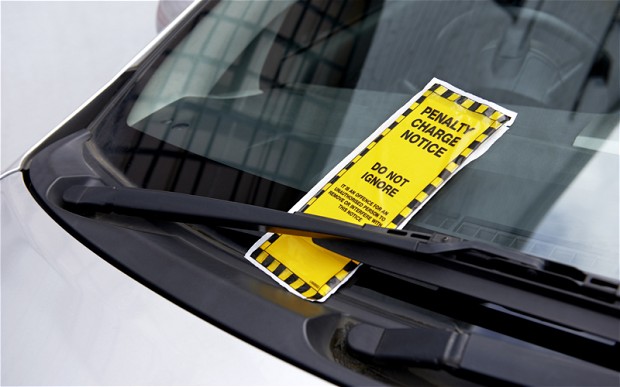Any statutory infringement issued by an enforcement agency such as the police or a council must be paid, subject to any requests for review (appeals) that the recipient may lodge. If the person fails to pay the infringement, they will receive a final reminder from the agency, which will add costs to the infringement penalty. If they still fail to pay, the agency will then do one of two things, either:
Option 1
Lodge the unpaid infringement with the Infringements Court; or
Option 2
Issue a summons for the person to appear at a Magistrates Court and answer a charge in relation to the offence alleged in the infringement.
If Option 1 above is chosen, the Infringements Court will issue a notice to the person, requiring them to pay the outstanding amount by a nominated date. Additional costs will also be added at this point. If a person fails to respond to that notice, the matter is then referred to the Sheriffs’ Office. A sheriff will then visit the person at some point in the future, to obtain payment. Sherriff officers can seek orders to have a person imprisoned for non payment and/or to seize property belonging to the person, to the value of the outstanding penalty and costs.
Persons who have outstanding infringement penalties can also be barred from renewing driver’s licenses, which means they cannot legally drive until they have paid the penalties.
If the enforcement agency chooses option 2 above, the infringement is withdrawn and the person is now being prosecuted in the criminal court. This can lead to higher penalties and costs and can also see the person having a conviction recorded against their name. A criminal conviction can have an impact on employment and other matters.
The above information is provided only as a summary of the process, with a view to indicating the potentially serious consequences of failing to deal with an infringement. More information can be found at: fines.vic.gov.au.
Private car park operators
There are now some private car park operators who issue “civil law” notices to people who are alleged to have broken parking rules within their car parks. These notices can look like statutory infringement notices, thereby confusing people. The process outlined above does not apply to these civil notices and if a person receives one, they should seek independent legal advice about their options. An easy way to pick the difference between the 2 types of notices is that a `statutory infringement’ will have the words `Infringements Act 2006’printed on its front side.
I am sometimes contacted by residents asking to be reprieved from their parking infringement notices. It is inappropriate for councillors to interfere in individual infringement cases. There is an council review process at for parking infringements.
This is the question I asked at a council meeting
This is the response by Director City Planning, Design and Amenity
Officers issued 663 official warnings in the 2012-2013 financial year. Verbal warnings are also issued on a daily basis, but we don’t keep a record of the number of verbal warnings. I have spoken to the Manager Regulatory Services and officers are not aware of any like Councils that have a policy of issuing warnings for all first offences so that is certainly something that nobody is aware of in those that I have spoken to. The number of parking infringements being issued per annum in this municipality peaked at 32,321 in 2008-2009 and has been steadily declining since that year, with 25,146 notices being issued in 2012-2013. This represents a 22% decrease in total numbers over a four year period so a substantial decrease. During this same period, the city’s population has grown by approximately 6,000 people and the number of residential dwellings has increased by approximately 2,000 so that reduction is against a growing population base. The decrease in numbers of infringements comes about through a range of initiatives, including refinements in enforcement policy, improvements in management of parking spaces, higher levels of driver compliance and improvements in the technology used to manage parking access and compliance.
There are a small number of circumstances where a warning is mandated in the first instance, for example if we have new/changed parking restrictions; parking on nature-strips in residential streets and failing to display Disabled permit. The Infringements Act provides only four grounds on which a request for review of an infringement can be made however Council’s code of practice expands the range of grounds to eleven separate categories so we have actually gone beyond that which the Infringements Act provides with a further four sub-categories in relation to parking infringements. This Council still receives several requests each year from other Councils seeking to use those documents in formulating their own policies and procedures. I think I have been able to demonstrate and I think it really is important to show that we don’t work to quotas, we don’t work to try and achieve numbers or thresholds and our system has shown in fact greater levels of compliance by the community. Our number of infringements issued has substantially reduced over the four years and the number of withdrawals or leniency is in fact as comparable in this Council as it is in others at the kind of numbers that I have indicated.

